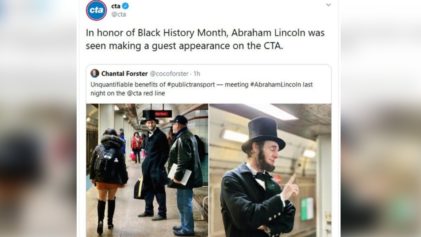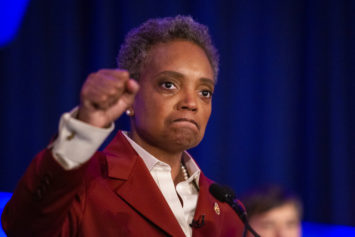The Great Migration, which resulted in the relocation of more than 6 million African Americans from the rural South to the cities of the North, Midwest and West from 1916 to 1970, had a huge impact on urban life in the United States. While they fled the South to escape virulent racism and unsatisfactory economic opportunities, they hoped to find a better life up north. But things turned out to be not so simple. Black urban culture not only changed the arc of the Black experience in America, it also changed the country and the entire world.
Working Conditions in the North Were Arduous and Dangerous
By the end of 1919, some 1 million blacks had left the South, increasing the black population of major Northern cities grew by large percentages, including New York (66 percent) Chicago (148 percent), Philadelphia (500 percent) and Detroit (611 percent), according to the History channel website. But many new arrivals found jobs in factories, slaughterhouses and foundries, where working conditions were arduous and sometimes dangerous. While job opportunities were readily available in most cities, these jobs were at the lower end of the occupational ladder. Northern labor unions generally did not accept Black members and often threatened to strike companies where nonunion workers performed union jobs. On average, more than eight of every ten Black men worked as unskilled laborers in foundries, in the building trades, in meatpacking companies, on the railroads, or as servants, porters, janitors, cooks, and cleaners.
It Took a War To Open Up Northern Jobs
Since Blacks were considered incapable of regular, disciplined work, they were virtually excluded except as temporary strikebreakers, notably in the meatpacking industry in 1904. But when World War I halted immigration from Europe while stimulating orders for manufactured goods in places like Chicago, employers needed a new source of labor for jobs assumed to be “men’s work.” Factories opened the doors to Black workers, providing opportunities to Black southerners eager to stake their claims to full citizenship through their role in the industrial economy.


